Learning Some Opera
Opera is a dreaded category for many Jeopardy! contestants, but it doesn’t have to be. Here is a 10-minute film that gives you a unique overview of some of the world’s most famous operas.
You might want to familiarize yourself with opera composers too, so here is a list of some opera composers by century (then by country) that may be helpful since Jeopardy! clues often include a year or century. A work or two is also included with first performance year.
16th/17th century
Italy:
· Jacopo Peri: Dafne (1598), Euridice (1600)
· Claudio Monteverdi: L’Orfeo (1607), L’incoronazione di Poppea (1643)
· Francesca Caccini: La liberazione di Ruggiero (1625)
· Francesco Cavalli: Giasone (1649)
England:
· Henry Purcell: Dido and Aeneas (1688)
France:
· Jean-Baptiste Lully Cadmus et Hermione (1673)
18th century
England:
· John Gay and Johann Christoph Pepusch (b. Germany): The Beggar’s Opera (1728)
France:
· Jean-Philippe Rameau: Les Indes Galantes (1735), Castor et Pollux (1737)
Germany:
· George Friedrich Handel: Giulio Cesare (1724), Semele (1744)
· Christoph Willibald Gluck: Orfeo ed Euridice (1762)
· Wolfgang Amadeus Mozart: Le nozze di Figaro (1786), Don Giovanni (1787), Die Zauberflöte (1791)
Italy:
· Alessandro Scarlatti: Tigrane (1715) La Griselda (1721)
· Giovanni Battista Pergolesi: La serva padrona (1733)
· Luigi Cherubini: Démophoon (1788), Médée (1797)
· Domenico Cimarosa: Il matrimonio segreto (1792)
19th Century
Czech:
· Bedrich Smetana: The Bartered Bride (1866), Dalibor (1868)
England:
· Arthur Sullivan: The Pirates of Penzance (1879), The Mikado (1885)
France:
· Daniel Auber: La muette de Portici (1828), Fra Diavolo (1830)
· Fromental Halévy: La Juive (1835)
· Hector Berlioz: La damnation de Faust (1846), Les Troyens (1863)
· Jacques Offenbach (b. Germany): Orphée aux enfers (1858); La vie Parisienne (1866)
· Charles Gounod: Faust (1859), Roméo et Juliette (1867) Mireille (1864)
· Ambroise Thomas: Mignon (1866), Hamlet (1868)
· Georges Bizet: Carmen (1875)
· Léo Delibes: Lakmé (1883)
· Camille Saint-Saëns: Samson et Delila (1877), Henry VIII (1883)
· Jules Massenet: Werther (1892), Manon (1884)
· Emmanuel Chabrier: L’étoile (1877), Le roi malgré lui (1887)
Germany:
· Ludwig van Beethoven: Fidelio (1805)
· Carl Maria von Weber: Der Freischütz (1821)
· Giacomo Meyerbeer: Les Huguenots (1836), Le prophète (1849)
· Richard Wagner: Tristan und Isolde (1865), Der Ring des Nibelungen (1876)
Italy:
· Gaspare Spontini: La vestale (1807)
· Gioachino Rossini: Il barbiere di Siviglia (1816), Guillaume Tell (1829)
· Vincenzo Bellini: I Capuleti ed i Montecchi (1830), La sonnambula (1831)
· Gaetano Donizetti: Lucia di Lammermoor (1835)
· Giuseppe Verdi: Rigoletto (1851), La traviata (1853), Aida (1871)
· Pietro Mascagni: Cavalleria rusticana (1890)
· Ruggiero Leoncavallo: Pagliacci (1892)
· Giacomo Puccini: La Bohème (1896), Tosca (1900), Madama Butterfly (1904)
Russia:
· Mikhail Glinka: A Life for the Tsar (1836), Ruslan and Lyudmila (1842)
· Pyotr Ilyich Tchaikovsky: Eugene Onegin (1879), The Queen of Spades (1890)
· Modest Mussorgsky: Boris Godunov (1874)
· Aleksandr Borodin: Prince Igor (1890)
20th Century
Austria:
· Franz Schreker: Der ferne Klang (1912), Die Gezeichneten (1918)
· Arnold Schoenberg: Erwartung (1924)
· Alban Berg: Wozzeck (1925), Lulu (1937)
Czech:
· Antonín Dvorák: Rusalka (1901)
· Leoš Janácek: Jenufa (1904)
England:
· Dame Ethel Smyth: The Wreckers (1906)
· Benjamin Britten: Peter Grimes (1945), A Midsummer Night’s Dream (1958)
· Michael Tippett: The Midsummer Marriage (1955), The Knot Garden (1970)
· Peter Maxwell Davies: Taverner (1972), The Martyrdom of Saint Magnus (1977)
· Judith Weir: A Night at the Chinese Opera (1987)
France:
· Gustave Charpentier: Louise (1900)
· Claude Debussy: Pelléas et Mélisande (1902)
· Maurice Ravel: L’heure espagnole (1911), L’enfant et les sortilèges (1925)
Germany:
· Richard Strauss: Salome (1905), Elektra (1909), Der Rosenkavalier (1911)
· Hans Pfitzner: Palestrina (1917)
· Hans Werner Henze: Die Bassariden (1966), Elegie für junge Liebende (1961)
· Paul Hindemith: Mathis der Maler (1938)
Hungary:
· Béla Bartók: Duke Bluebeard’s Castle (1918)
Russia:
· Nikolai Rimsky-Korsakov: The Tale of Tsar Saltan (1900)
· Dmitri Shostakovich: Lady Macbeth of the Mtsensk District (1934)
· Igor Stravinsky: Firebird (1910), The Nightingale (1914), The Rake’s Progress (1951)
· Sergei Prokofiev: L’amour des trois oranges (1921), The Fiery Angel (1955)
USA:
· George Gershwin: Porgy and Bess (1935)
· Gian Carlo Menotti (b. Italy): Amahl and the Night Visitors (1951)
· William Walton: Troilus and Cressida (1954)
· Carlisle Floyd: Susanna (1955); Cold Sassy Tree (2000)
· Samuel Barber: Vanessa (1958), Antony and Cleopatra (1966)
· Philip Glass: Einstein on the Beach (1976)
· John Adams: Nixon in China (1987), The Death of Klinghoffer (1991)
This is by no means a comprehensive list. If you really want to study opera in depth. Wikipedia has detailed lists of works by year, for instance, in the category 19th century operas, every single year has its own page.
We may earn a small commission from qualifying purchases made from Amazon.com links at no cost to our visitors. Learn more: Affiliate Disclosure.

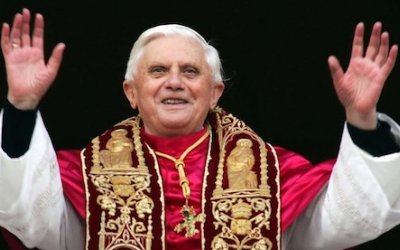
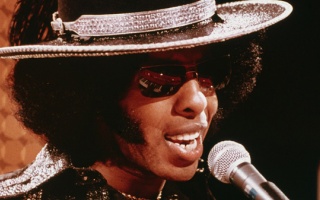
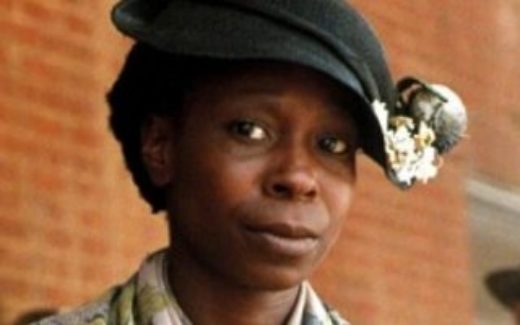

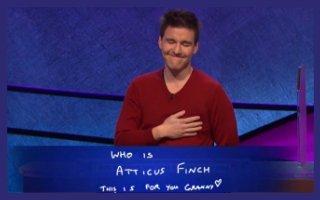
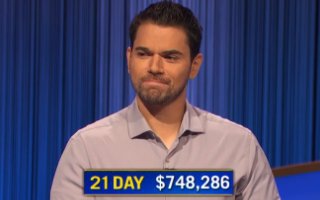
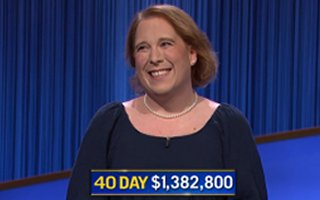

These are great preps and for general knowledge. Throwing in a little Americana may get your girl Nomi past the first test. Who knows who else you’re helping? I suspect more than you think. Nice.
You’ve got Smetana and Sullivan in the wrong century.
Also, although Offenbach was Jewish and from Germany, his works are always considered French, because that’s where he lived and where he composed and produced them (and they’re in French).
Also, then, on the list he won’t be next to the vile anti-Semite, Wagner (although Meyerbeer then will be, and Meyerbeer was Jewish, too.)
Thanks, Tom. Any help or suggestions is appreciated. 🙂